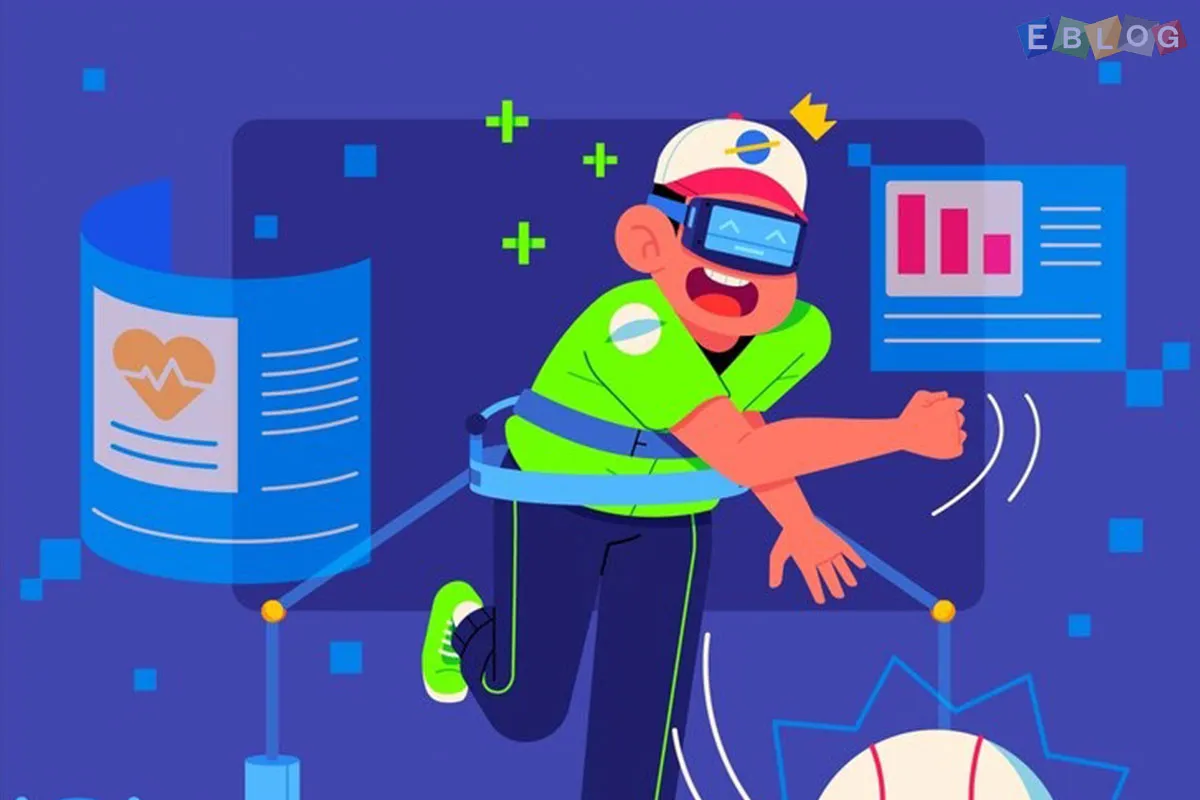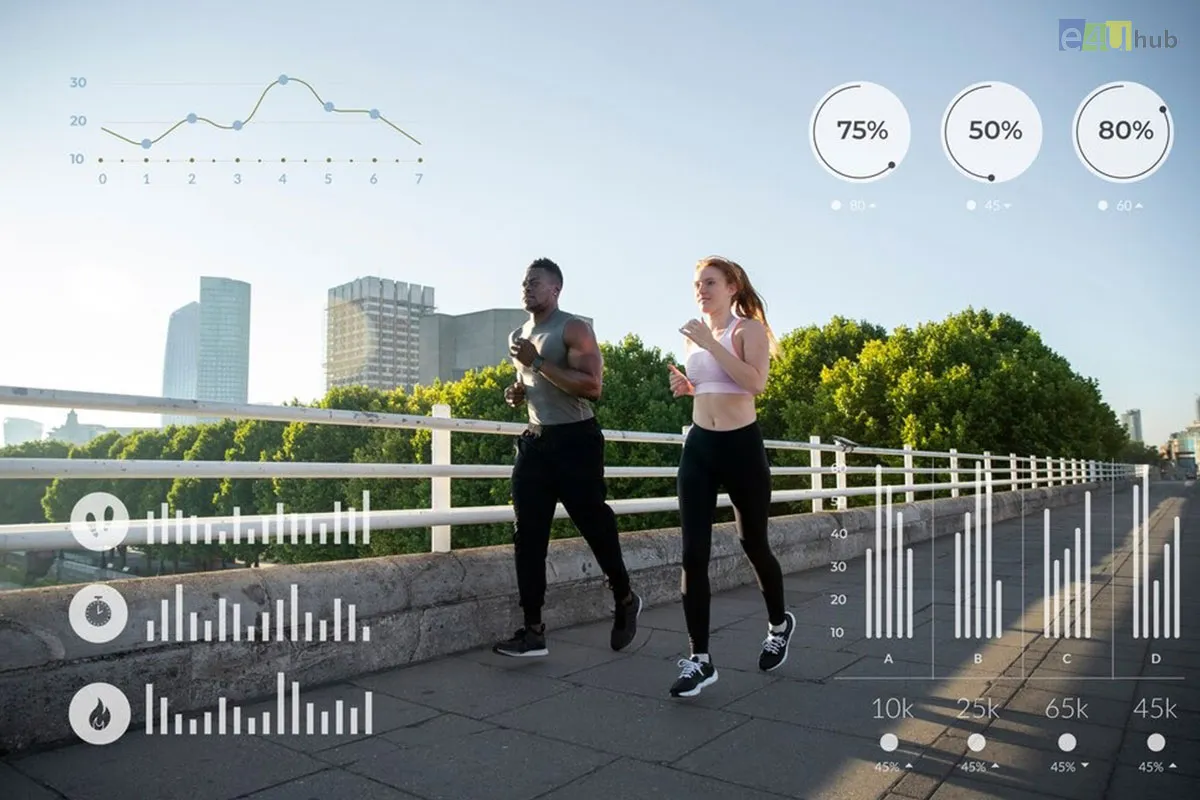
Discuss the impact of technology like AI, VR, or analytics in sports performance
In 2024, technology continues to revolutionize the world of sports, transforming how athletes train, compete, and analyze performance. Among the key technologies driving this change are Artificial Intelligence (AI), Virtual Reality (VR), and advanced analytics. These tools have shifted the dynamics in multiple sports, providing athletes and teams with a competitive edge by enhancing precision, efficiency, and decision-making. Let's explore how these technologies are impacting sports performance today.
1. Artificial Intelligence (AI) in Sports
AI’s role in sports is multifaceted, improving everything from player performance to fan engagement. For athletes, AI-driven systems can analyze vast amounts of data, offering tailored training programs that identify strengths and weaknesses. This technology helps coaches make data-backed decisions, predicting injuries before they happen and optimizing player health and longevity.
Key Benefits of AI in Sports:
a. Performance Monitoring: AI-powered wearable devices track metrics like heart rate, movement, and fatigue levels in real-time, allowing players to adjust their training loads.
b. Injury Prevention: AI can predict injury risks by analyzing patterns, enabling athletes to avoid burnout or overtraining.
c. Game Strategy Optimization: AI algorithms can analyze opponents’ tactics and weaknesses, allowing teams to fine-tune strategies more effectively.
An example is how AI-assisted video analysis has become essential in football, where real-time data helps coaches assess player movements and tactics more thoroughly.
2. Virtual Reality (VR) in Sports Training
VR has opened new horizons for training athletes, offering immersive experiences replicating in-game scenarios. Whether it’s simulating a high-stakes football match or practicing penalty kicks under pressure, VR allows athletes to train in a controlled environment that mimics real-world conditions.
Key Benefits of VR in Sports:
a. Enhanced Skill Development: VR simulations provide athletes the opportunity to practice critical skills repeatedly, like reacting to defensive plays in basketball or improving swing mechanics in baseball.
b. Mental Conditioning: VR also helps athletes manage stress and pressure by simulating high-pressure environments, making them more accustomed to the real thing when game day arrives.
c. Injury-Free Training: VR allows athletes to refine skills without physical strain, reducing the risk of overuse injuries.
For example, in sports like golf, athletes can now use VR to practice swing techniques and review performance data without ever stepping onto a course.
3. Advanced Analytics in Performance Enhancement
Sports analytics, powered by big data and machine learning, is now a game-changer. It provides detailed insights into an athlete's performance, from biomechanics to match analytics, enabling a deeper understanding of what drives success on the field.
Key Benefits of Advanced Analytics in Sports:
a. Data-Driven Coaching: Coaches now use analytics to track player progress and optimize training sessions based on real-time data insights. This approach improves efficiency and ensures training programs are tailored to individual needs.
b. Predictive Analytics: Teams are using machine learning algorithms to predict match outcomes, player performance, and even career longevity based on historical data. This helps in both player development and recruitment.
c. Fan Engagement: Advanced analytics also extend beyond the athletes to fans, as teams use data to enhance the fan experience, offering detailed stats, predictions, and insights that deepen engagement.
In sports like basketball, analytics have become vital in player evaluation and game strategy. Coaches and analysts can pinpoint player tendencies, helping to determine the most effective lineups and in-game decisions.
4. A Future Driven by Technology
The integration of AI, VR, and analytics into sports is just the beginning. These technologies are shaping the future of how athletes train, perform, and recover, while also transforming how fans engage with their favorite sports. With continuous advancements in data collection and processing, it is clear that the role of technology in sports performance will only grow stronger in the years to come.
As AI algorithms become more sophisticated and VR continues to blur the lines between training and reality, athletes will be able to push the boundaries of human performance. Meanwhile, analytics will offer ever-deeper insights, making decision-making more precise and informed.
The evolution of sports through technology is exciting, offering new ways for athletes and teams to excel. As we move further into 2024, the question isn’t if technology will change sports, but how much more it will revolutionize them in the years ahead.







Leave a Reply